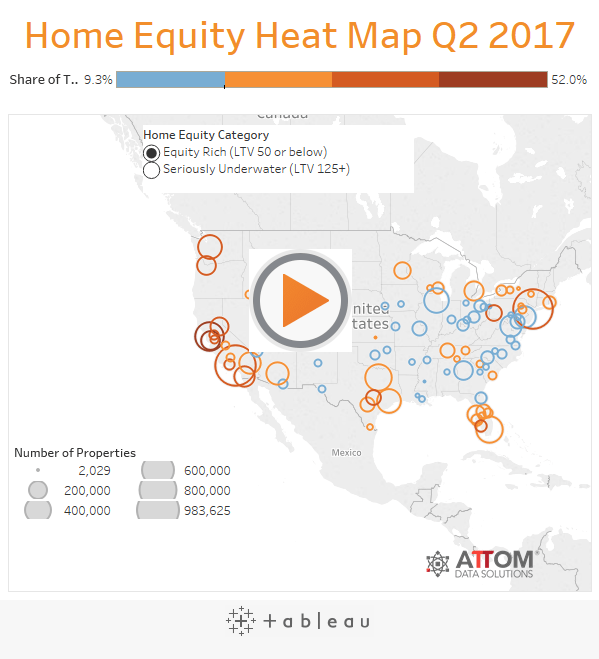By Chris Ochayi
…As stakeholders propose affordable housing bill to NASS
Experts in the housing sector of the nation’s economy at the weekend called on the Federal Government to introduce subsidy in the sector to enable the country achieve the dream of providing affordable housing for the citizenry.

They argued that such measure if applied, would not only help greatly in abridging the over 17 million housing deficit facing the nation, but will also create huge employment opportunities for the teeming youth population in the country.
The experts, who spoke at the Nigeria Housing Finance, NHF, conference in Abuja, also urged the government to introduce a system whereby unoccupied property across Nigerian cities are taxed, especially in the Federal Capital Territory, FCT, where such ‘ghost’ buildings abound.
They also advised the government to channel revenue that will accrue from taxing of unoccupied buildings to subsidise the housing sector with a view to enabling the citizens access affordable housing.
Speaking at the conference with the theme: Financing Affordable Housing: Realities, Necessities and Possibilities, professional fellow, UN-MERIT, Prof. Banji Oyelaran-Oyeyinka, challenged the government to make deliberate efforts in addressing the lull in the housing sector.
Prof. Oyelaran-Oyeyinka stressed further that apart from providing funds, the government can also help the sector to experience tremendous growth through the use of land as subsidy for the sector.
According to him, there is no affordable housing scheme that does not require some level of subsidy. “And one of the ways to do it is to subsidise the land and also provide infrastructure. When you have provided those two, the cost to the individual goes down considerably.
You know, this is what we are advocating that rather than government directly building houses, they can provide infrastructure, they can subsidise land for groups, like cooperatives and so forth to build houses.
“So, the advantage of this is that the bank has problems dealing with individuals but they can deal with a group. Then the bank will face the cooperative. It is individuals that pay into their own cooperatives and so it is easier for banks to get back their money over a long period of time,” he said.
On unoccupied houses, he said: “Those houses were built when Nigeria was operating awoof economy, where people got free money. If you get money through a bank or loan and you are paying back, you cannot leave your house empty.
“So, when you see what I call ghost houses, these are empty houses, it means it was probably built with awoof money. There are many ways to deal with this. Tax them and use the money to fund the affordable housing
“You know I call them ghost houses because they are empty. They were built during awoof economy like I have said. If you use your hard earned money to build a house, even if you have to halve the rent, you will do it.” Oyelaran-Oyeyinka, who was also the former Regional Director for African, UN Habitat, speaking on the importance of cities said: “The first level is that it is the cities that generate the wealth of the nations. Cities are where people live; cities are where educated people live, where dynamic individuals, entrepreneurs do business. Like Abuja, Lagos and Port Harcourt.
“That is where everything is taking place. It is not in my village or your village. Cities are where we have factories, where you have services and so forth. The second thing is that when you build houses, they have making cement, with factories making aluminum, with factories making steel. So, there is huge integration of activities when you immediately propose to build houses.
“This is what we call forward and backward linkage within the economy. People get jobs, bricklayers, artisans, casting people and others, get jobs; so, the economy grows very fast. When you see the graph I was showing you, in Nigeria, the real estate contribution is very low. This is what you do when you set in motion the affordable housing scheme.”
In his remarks, the conference convener and Chairman, NISH Housing Initiative, S.K. Yemi Adelakun assured that the conference will come up with a bill on affordable housing to the National Assembly.
The former Federal Permanent Secretary said: “As part of this conference, we are hoping to come out with a draft bill either as private bill or we get a member of the National Assembly to push it forward. And the most important thing is funding, we need to create affordable housing bill.“


